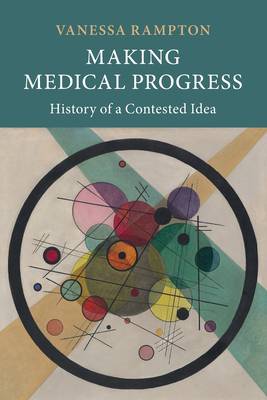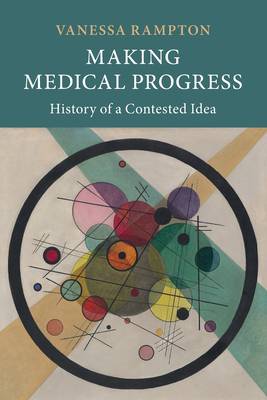
- Afhalen na 1 uur in een winkel met voorraad
- Gratis thuislevering in België vanaf € 30
- Ruim aanbod met 7 miljoen producten
- Afhalen na 1 uur in een winkel met voorraad
- Gratis thuislevering in België vanaf € 30
- Ruim aanbod met 7 miljoen producten
Zoeken
€ 37,95
+ 75 punten
Omschrijving
Answers to the question 'what is medical progress?' have always been contested, and any one response is always bound up with contextual ideas of personhood, society, and health. However, the widely held enthusiasm for medical progress escapes more general critiques of progress as a conceptual category. From the intersection of intellectual history, philosophy, and the medical humanities, Vanessa Rampton sheds light on the politics of medical progress and how they have downplayed the tensions between individual and social goods. She examines how a shared consensus about its value gives medical progress vast political and economic capital, revealing who benefits, who is left out, and who is harmed by this narrative. From ancient Greece to artificial intelligence, exploring the origins and ethics of different visions of progress offers valuable insight into how we can make them more meaningful in future. This title is also available as open access on Cambridge Core.
Specificaties
Betrokkenen
- Auteur(s):
- Uitgeverij:
Inhoud
- Aantal bladzijden:
- 218
- Taal:
- Engels
Eigenschappen
- Productcode (EAN):
- 9781009602631
- Verschijningsdatum:
- 31/10/2025
- Uitvoering:
- Paperback
- Formaat:
- Trade paperback (VS)
- Gewicht:
- 250 g

Alleen bij Standaard Boekhandel
+ 75 punten op je klantenkaart van Standaard Boekhandel
Beoordelingen
We publiceren alleen reviews die voldoen aan de voorwaarden voor reviews. Bekijk onze voorwaarden voor reviews.








